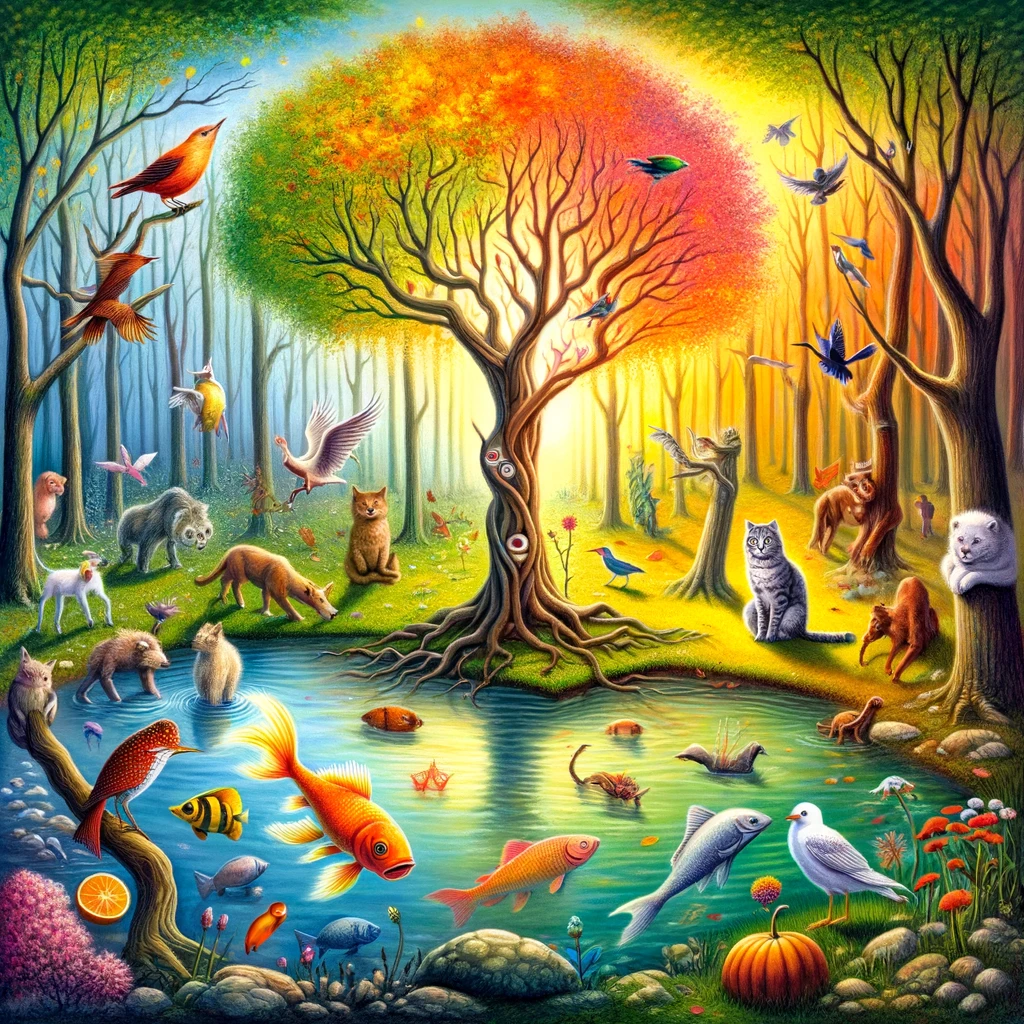The English language is a vast and complex system, consisting of thousands of words that convey everything from the simplest of concepts to the most intricate of ideas. Among these are words so long and unwieldy that they seldom find their way into everyday conversation. Yet, these linguistic titans hold their own charm and, often, fascinating meanings. In this exploration, we dive into the top 10 longest words in English, shedding light on their definitions, origins, and the context in which they might be used. As language continues to evolve, understanding these words not only enriches our vocabulary but also offers a glimpse into the capabilities of English as a tool for expression.
1. Pneumonoultramicroscopicsilicovolcanoconiosis (45 letters)
Often cited as one of the longest words in the English language, pneumonoultramicroscopicsilicovolcanoconiosis is a lung disease caused by the inhalation of very fine silicate or quartz dust, leading to inflammation in the lungs. Despite its medical significance, the word is more commonly referenced for its length rather than its place in clinical practice. Its creation is attributed to the president of the National Puzzlers’ League as a deliberate attempt to craft the longest word possible. In today’s digital age, where brevity is often prized, encountering such a word serves as a reminder of the language’s capacity to encapsulate complex conditions in a single term.
2. Supercalifragilisticexpialidocious (34 letters)
Popularized by the 1964 Disney musical film “Mary Poppins,” supercalifragilisticexpialidocious is a word that exudes joy and wonder. It is often used to describe something extraordinarily good or wonderful. Despite its nonsensical nature, the word has found a place in the English lexicon, showcasing how language evolves and adopts new terms from pop culture. This word demonstrates the playful side of English, where creativity and imagination can give rise to expressions that capture the essence of delight and marvel.
3. Pseudopseudohypoparathyroidism (30 letters)
This lengthy medical term refers to a rare inherited disorder that mimics the symptoms of hypoparathyroidism, where the body produces insufficient levels of parathyroid hormone, but without the actual hormone deficiency. It highlights the precision of medical terminology in English, where each segment of the word contributes to a detailed description of the condition. Understanding such terms not only requires a grasp of language but also a basic knowledge of medical science, illustrating the interdisciplinary nature of English vocabulary.
4. Floccinaucinihilipilification (29 letters)
Floccinaucinihilipilification, the act of estimating something as worthless, stands as a testament to the English language’s ability to convey complex attitudes and judgments in a single word. Despite its rarity in daily discourse, the word holds a certain allure for language enthusiasts and serves as a reminder of the linguistic treasures that await discovery. It embodies the richness of English, where even the act of dismissal can be wrapped in an eloquently verbose term.
5. Antidisestablishmentarianism (28 letters)
Emerging from 19th-century Britain, antidisestablishmentarianism refers to the opposition to the disestablishment of the Church of England as the state church of England. The word encapsulates a specific historical and political stance, demonstrating how language can serve as a vessel for complex socio-political concepts. It remains a favorite example of long words, often cited in discussions about English vocabulary’s capacity to reflect and preserve historical and political nuances.
6. Honorificabilitudinitatibus (27 letters)
This mouthful of a word, which appears in Shakespeare’s “Love’s Labour’s Lost,” means the state of being able to achieve honors. It serves as a bridge between the modern English speaker and the linguistic creativity of the Elizabethan era, showcasing Shakespeare’s playful use of language. The word reminds us of the timelessness of the English language, where words from centuries ago can still intrigue and inspire curiosity.
7. Thyroparathyroidectomized (25 letters)
Referring to the surgical removal of both the thyroid and parathyroid glands, thyroparathyroidectomized highlights the specificity and precision of medical terminology. It underscores the importance of language in the field of medicine, where a single word can convey detailed information about procedures, diagnoses, and treatments. This term exemplifies how specialized vocabularies develop within English to meet the communicative needs of specific disciplines.
8. Dichlorodifluoromethane (23 letters)
As a chemical compound used primarily as a refrigerant, dichlorodifluoromethane showcases the scientific side of the English language. The word reflects the systematic naming conventions in chemistry, where each part of the word informs about the molecule’s composition. This term underlines the role of English in facilitating global scientific communication, providing a common language through which complex concepts and substances can be universally understood.
9. Incomprehensibilities (21 letters)
Incomprehensibilities, referring to things that are difficult to understand, illustrate how English can effectively describe the limits of human understanding and communication. This word touches on the philosophical aspect of language, where words themselves are tools for grappling with the concept of comprehension and its boundaries. It prompts reflection on the nature of understanding and the challenges inherent in conveying complex ideas.
10. Uncharacteristically (20 letters)
Ending our list is uncharacteristically, a word that describes behavior or actions that are not typical for a particular person or thing. It serves as a reminder that English is a language of nuance, capable of capturing the subtleties of behavior and personality. This word, while perhaps more commonly used than others on this list, underscores the adaptability of English in expressing the complexities of human nature and individuality.
The Longest Words Enrich Our Understanding of English
The English language, with its vast lexicon and capacity for precision, creativity, and expression, holds within it words that are as lengthy as they are fascinating. While the words listed above may not frequently appear in our daily conversations, they serve as a testament to the language’s depth and versatility. From the realms of medicine and science to those of literature and philosophy, these long words enrich our understanding of English, challenging us to expand our vocabularies and appreciate the intricate beauty of linguistic expression.













